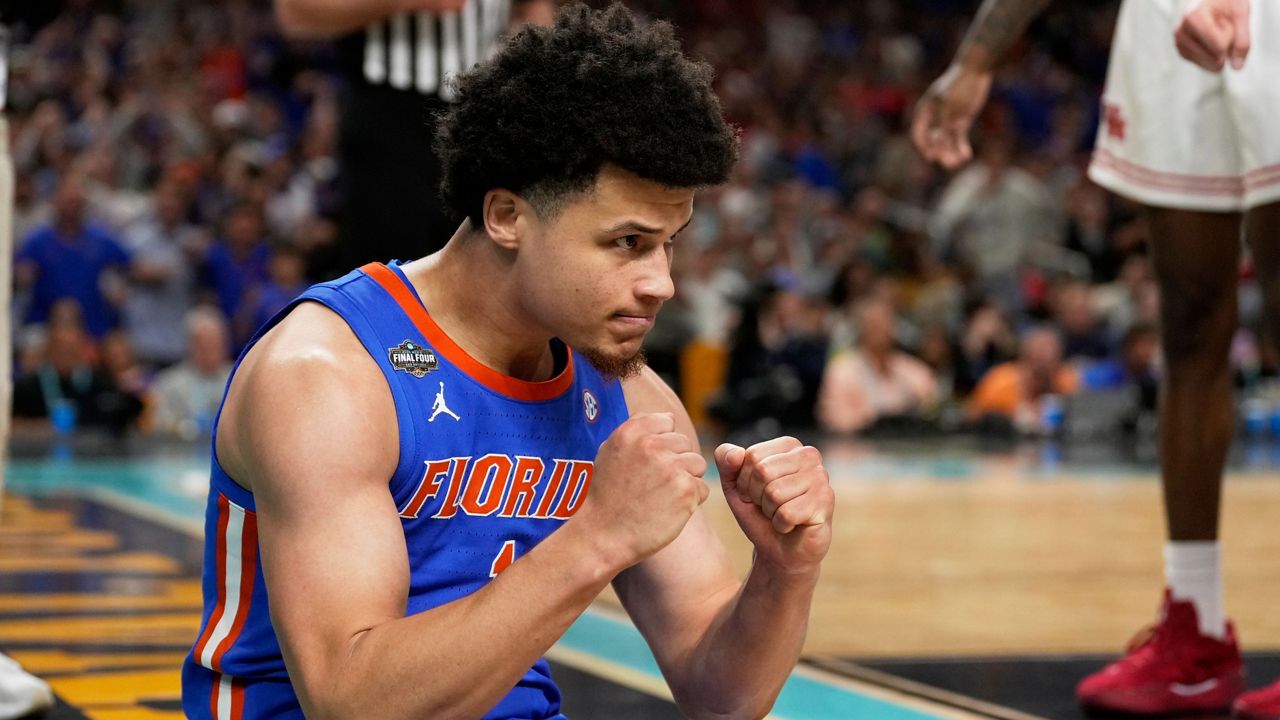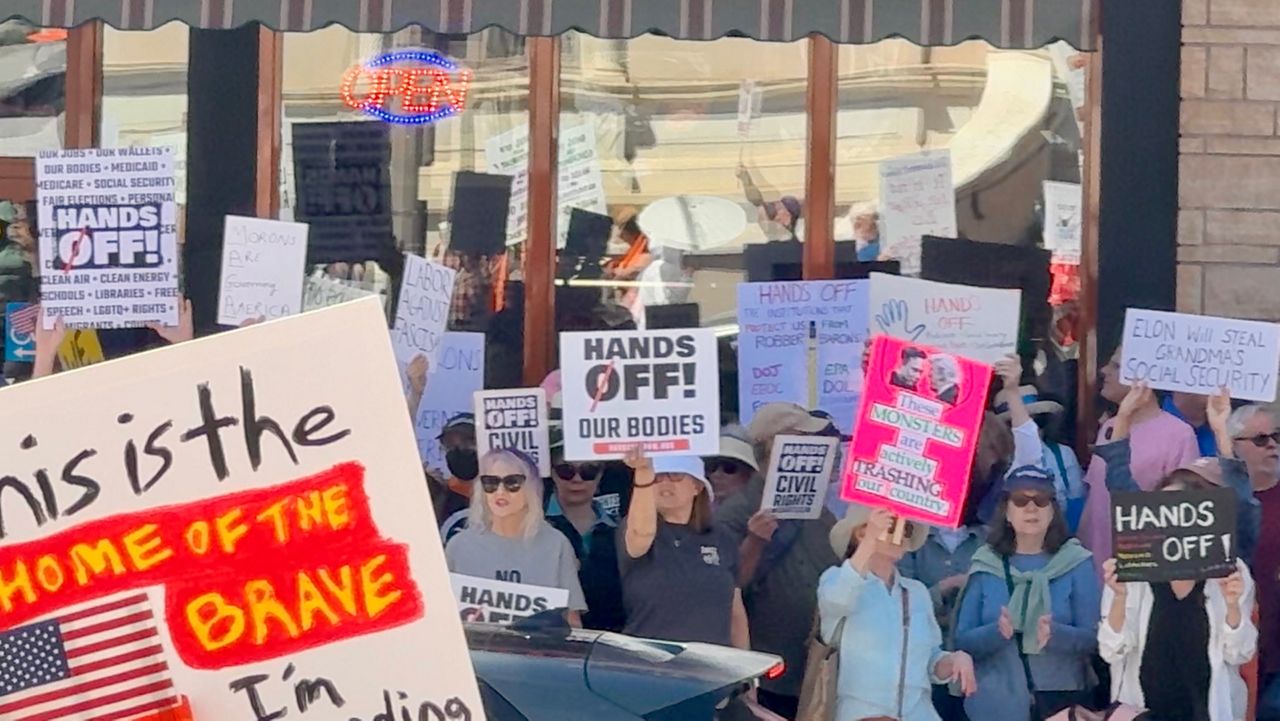When it comes to what age people should get screened for colorectal cancer, 45 is the new 50.
After seeing younger patients develop colorectal cancer, the U.S. Preventative Services Task Force changed their recommendation in 2021 for patients to get screened as early as 45 years old.
It’s a reality that former dietitian and now doctor Jamila Chen faced just last year when her doctor found a large pre-cancerous polyp in her colon when she was just 46.
The news came as a shock for Chen, who said her career has enabled her to maintain a healthier lifestyle than most, eating organic foods, staying active and avoiding alcohol.
“I thought it was a false positive. I really thought it was probably just maybe from hemorrhoids or something. I really didn’t think it was colon cancer,” Chen said.
The shock wasn’t just because of her lifestyle but also her age, as she knew typically, people would not get screened for colon cancer until after they turned 50.
"The thinking that this is an older person’s problem is just not accurate. And screening is meant to catch the disease before it gets out of control," Chen said.
Her gastroenterologist at Kaiser Permanente, Dr. Karl Kowk, agrees that early detection is so important.
“It’s the in-between state where they have a polyp, which is somewhat advanced, but not yet at a full-blown cancer and that is the golden opportunity for us to intervene where we can try, to dissect it out in one piece,” Chen said.
He said that although many people brush off symptoms, they should watch for some of the more alarming signs.
“Relatively sudden and unexplained onset of bleeding, for example, or even changes in bowel habits,” Chen said.
Kowk said while the exact cause of the rising cases among young adults is unknown, there are some risk factors.
“Ultra processed foods, snack foods, certain food additives and dyes and things of that nature compound that with an increasingly sedentary lifestyle. That is an unfortunate sort of confluence of risk factors which potentially may explain the increased risk in the younger population,” Kwok said.
As a nutritionist, Chen agrees with the emphasis on what foods we eat and how that affects the gut microbiome. She believes her healthy diet and routine screening helped catch her polyp before it became cancerous. Early detection also meant that they could remove it without invasive surgery.
“If this was something that I had caught later when it needed more invasive treatment, it would have been extremely difficult for my family and, of course, myself,” Chen said.
Colorectal cancer is the second leading cause of cancer deaths in the United States, but is treatable at early stages, according to the American Association for Cancer Research.
Chen said that is why screenings are so important.
“If you don’t get it early, you don’t know what’s going to happen,” Chen said.











